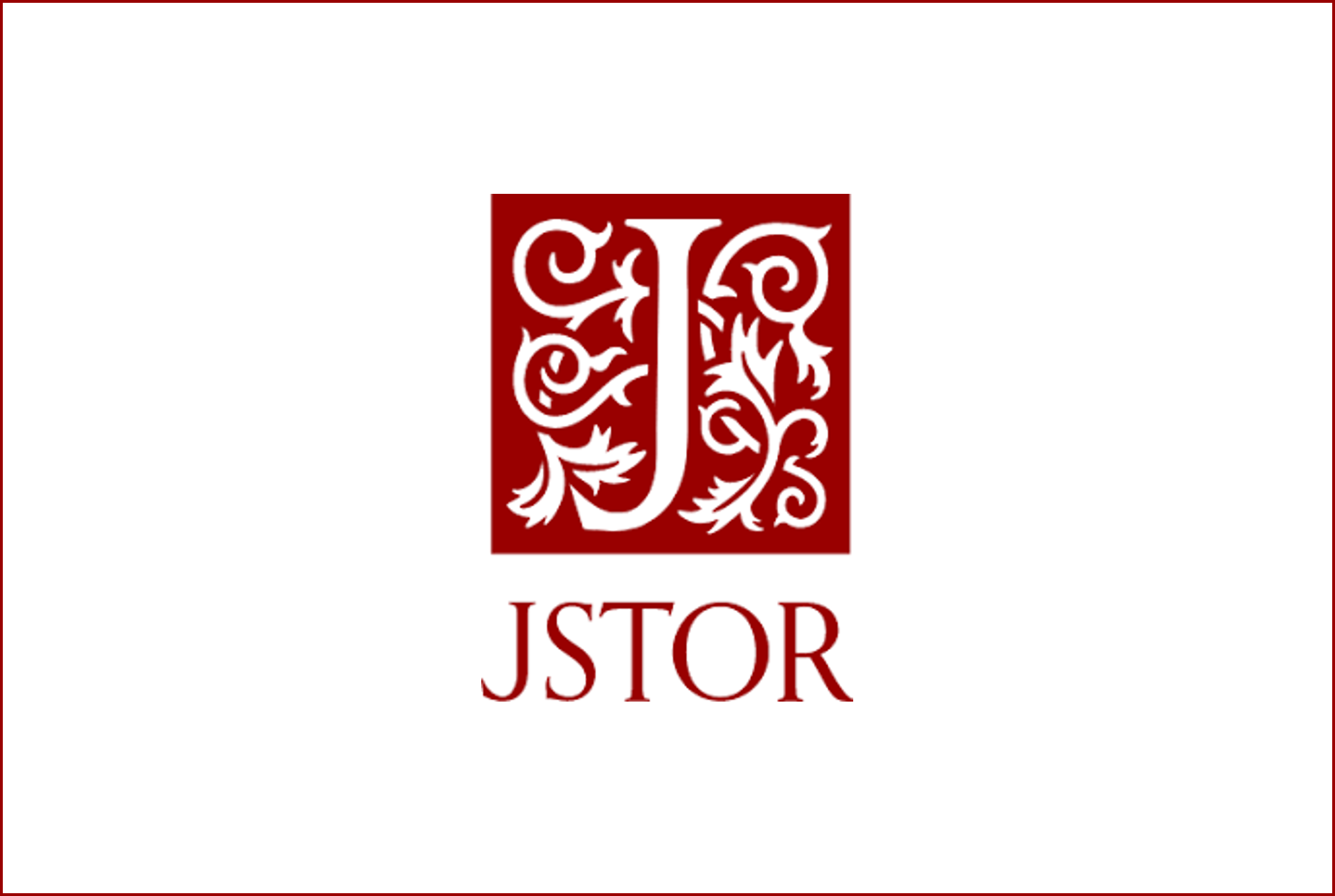Opening the Future program welcomes JSTOR as a hosting partner

Posted by Tom Grady on June 29, 2022 at 0925
JSTOR has joined the Opening the Future program as a hosting partner for Open Access ebooks published by Central European University Press and Liverpool University Press. These ebooks will be freely available on JSTOR, in addition to the publishers’ websites and other platforms offering Open Access ebooks. Making the titles available on multiple platforms ensures that users can discover and access this scholarship through their preferred research workflows.
Professor Martin Paul Eve, of the COPIM project and one of the designers of the Opening the Future model, said: “Discoverability, access, and preservation are often taken for granted with open-access titles. But this is to overlook crucial parts of the book supply chain. If we are truly to see the benefits of open access for monographs, we need to ensure the broadest availability of the titles with clear and accessible metadata. This exciting partnership with JSTOR extends our work on this front and gives libraries ever more routes to support and then access OA monographs.”
JSTOR currently hosts 17 Open Access titles published by Central European University Press, and 74 OA titles published by Liverpool University Press. Additional Open Access titles will be made available on the JSTOR platform as they are published. Libraries may use JSTOR’s free MARC records or discovery service integration to make its full Open Access ebook collection of 8,000+ titles discoverable to patrons and automatically receive updates as new ebooks become available.
“Opening the Future establishes a sustainable, scalable model for the Open Access transition of university press content,” commented John Lenahan, ITHAKA’s Associate Vice President for Published Content. “We are delighted to support this innovative program and look forward to sharing what we learn about the impact of the Open Access ebooks.”
In the Opening the Future program, library subscriptions to backlist titles are used to fund the Open Access publication of frontlist titles. The backlist subscriptions are currently not available through JSTOR; libraries can learn more about how to subscribe to the backlist packages.